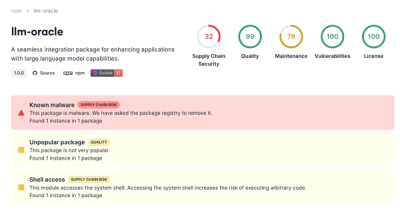
This is a plugin that only has a peer dependency to piral-core. What piral-auth brings to the table is a set of Pilet API extensions that can be used with piral or piral-core.
The set includes the getUser API to retrieve the user, login/logout functionality and user state management incl. features and permissions.
By default, these API extensions are not integrated in piral, so you'd need to add them to your Piral instance.
Why and When
Authentication is a basic need of almost every application. This plugin just stores given user information in the central store and makes this information available to all pilets via the pilet API. How to get this user information and where specific authorization (e.g., in form of a token) is stored is up to the application owner. Thus this plugin should only be used in combination with other mechanisms.
Alternatives: Use a plugin that is specific to your method of authentication (e.g., piral-adal for Microsoft, piral-oauth2 for generic OAuth 2, piral-oidc for generic OpenID Connect etc.) or just a library.
Documentation
The following functions are brought to the Pilet API.
getUser()
Gets the currently authenticated user or undefined if no user is authenticated.
Usage
::: summary: For pilet authors
You can use the getUser function from the Pilet API to obtain information about the currently logged in user.
Example use:
import { PiletApi } from '<name-of-piral-instance>';
export function setup(piral: PiletApi) {
const currentUser = piral.geUser();
}
Note that the retrieved user data may change if the Piral instance supports an "on the fly" login (i.e., a login without redirect/reloading of the page).
:::
::: summary: For Piral instance developers
The provided library only brings API extensions for pilets to a Piral instance.
For the setup of the library itself you'll need to import createAuthApi from the piral-auth package.
import { createAuthApi } from 'piral-auth';
The integration looks like:
const instance = createInstance({
plugins: [createAuthApi()],
});
The options include defining an existing user (e.g., obtained by a redirect).
const instance = createInstance({
plugins: [createAuthApi({
user: {
firstName: 'Hans',
lastName: 'Zimmermann',
},
})],
});
:::
Events
The extension gives the core a set of new events to be listened to:
The events are fully typed.
License
Piral is released using the MIT license. For more information see the license file.







